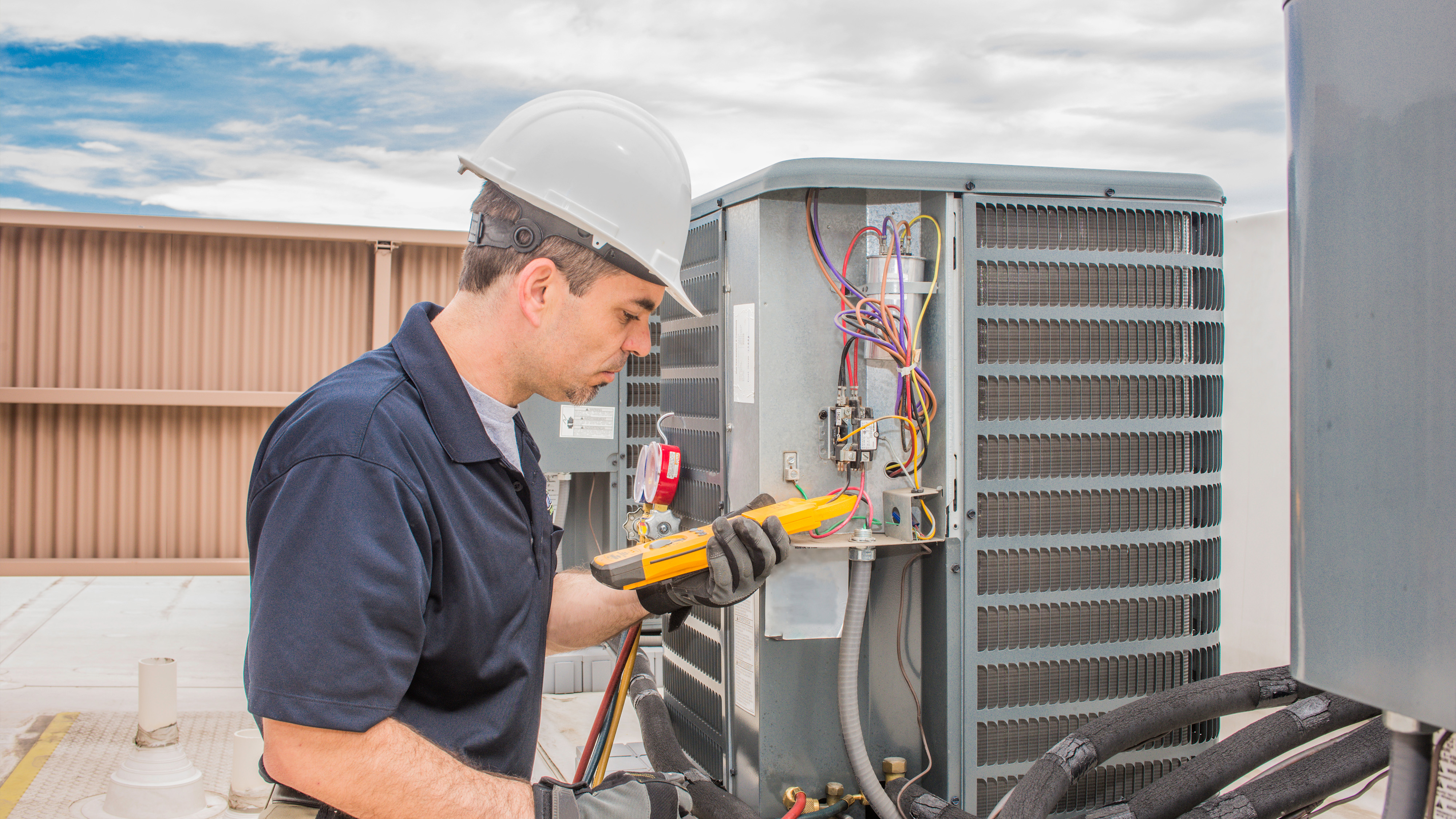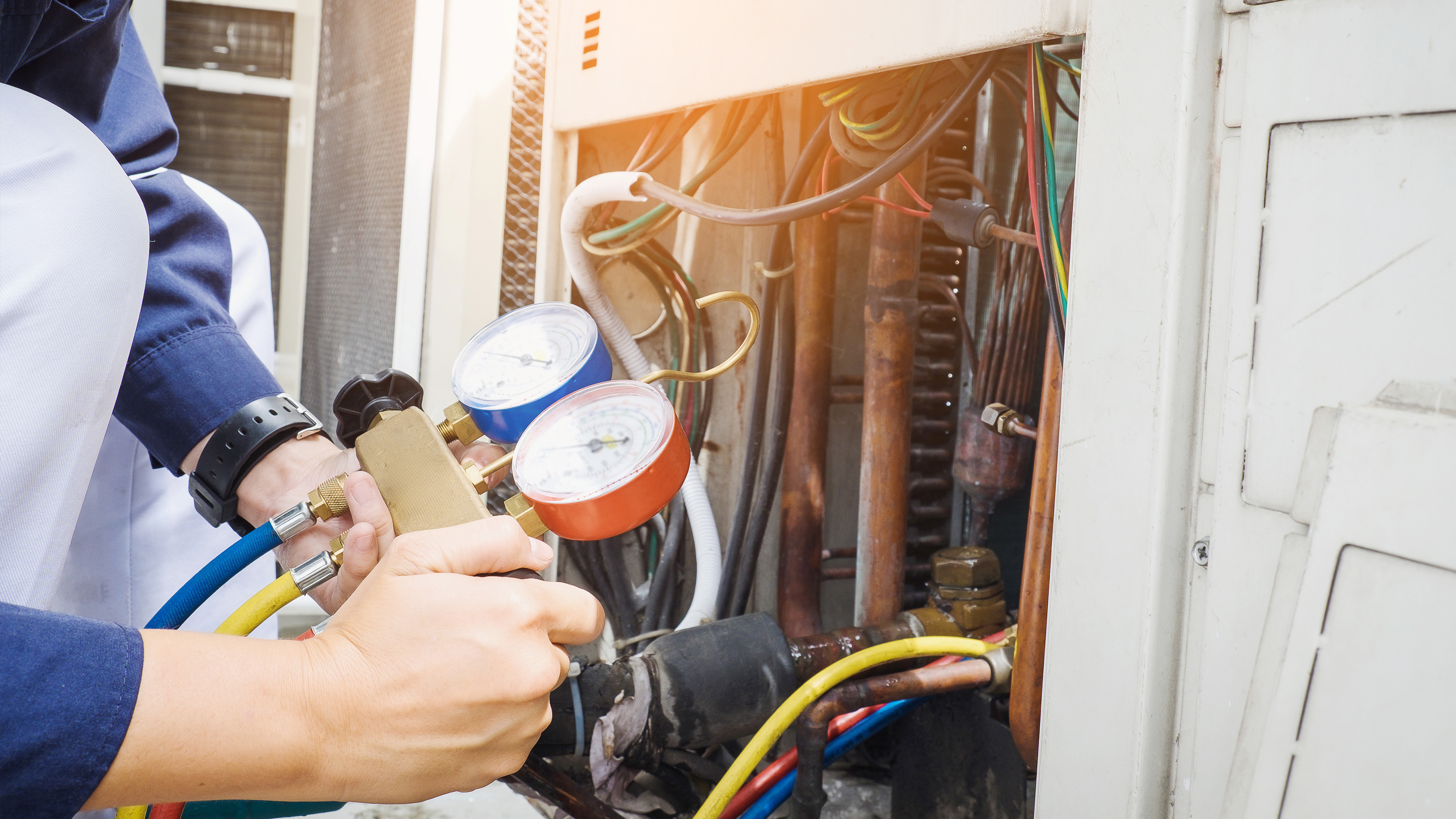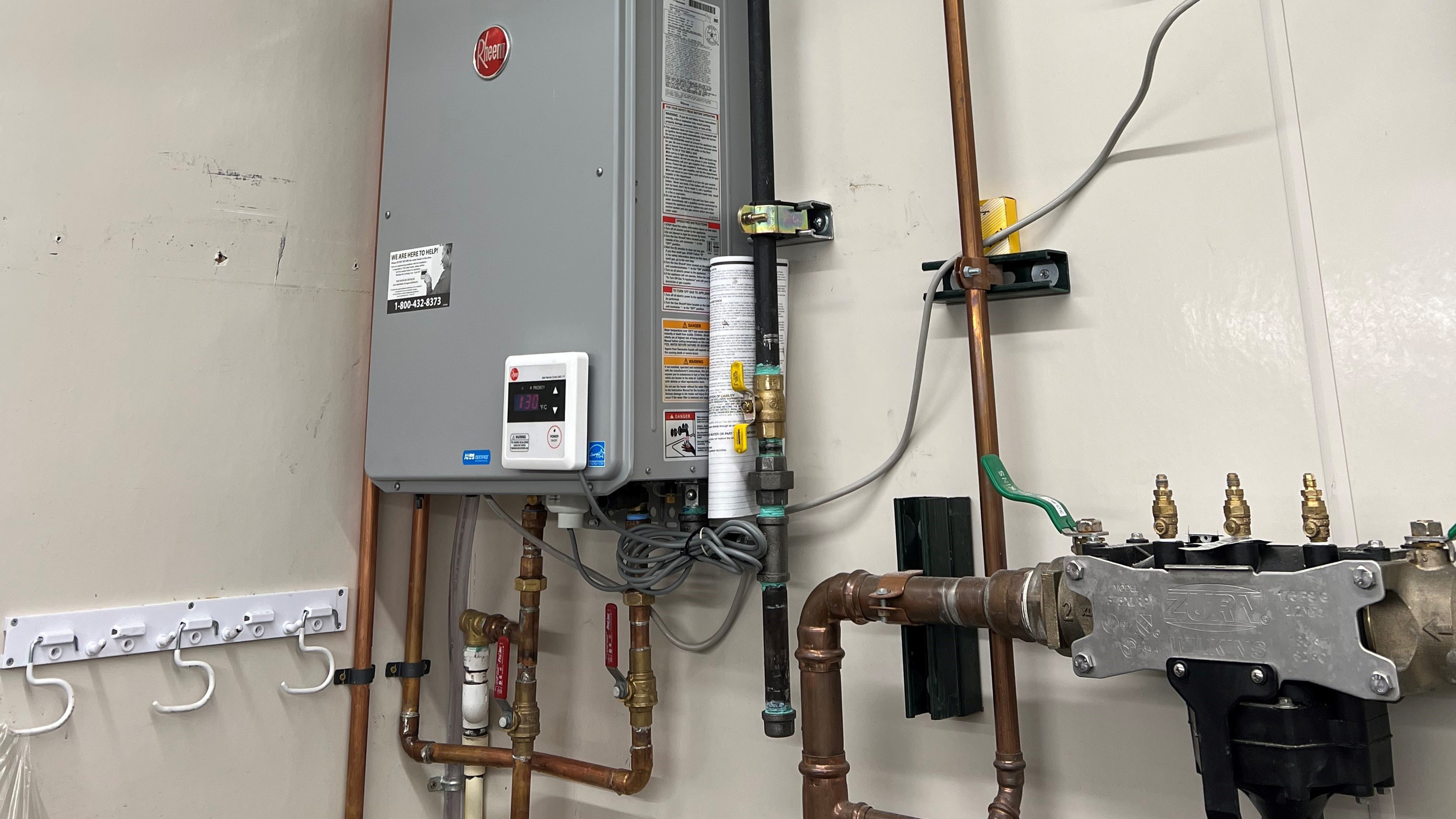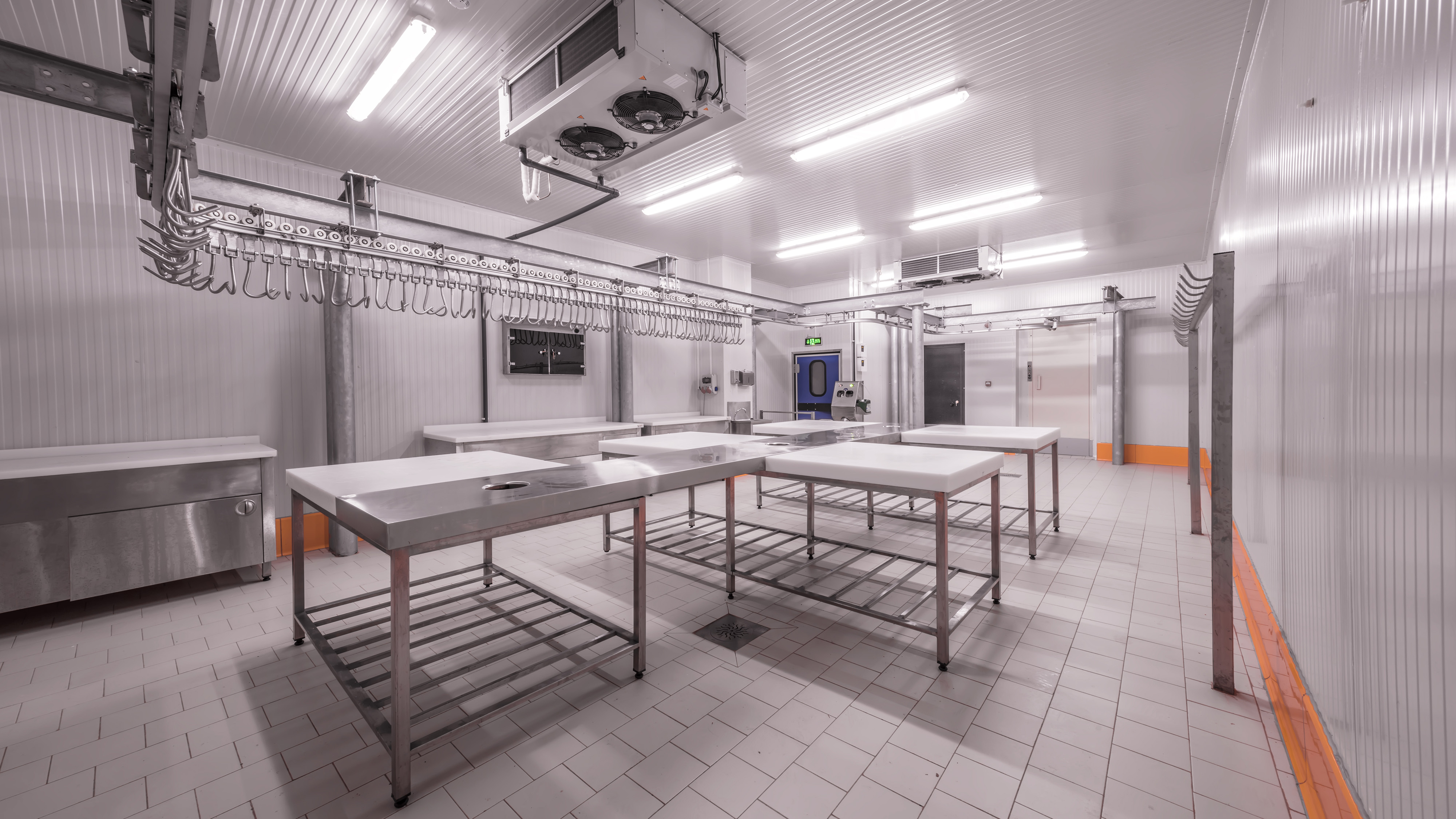
Utilizing Pre-Spring Commercial HVAC Preventive Maintenance
The end of the winter season comes with the demand of transitioning your commercial HVAC system to rely on your air conditioning unit. This transition requires internal checks and scheduled pre-spring preventive maintenance to make sure your operation is safe, efficient, and reliable throughout the warm seasons.
As most operations are still relying on heating their buildings, some facility managers may overlook the vital step of proactively assessing their commercial air conditioners ahead of the upcoming seasons. Now is the optimal time to secure HVAC partnerships that guide your team through the best process to prevent unforeseen costs.
Pre-Spring Commercial HVAC Maintenance
Even though snow and ice season remains present throughout Michigan, now is the time to proactively secure commercial HVAC partnerships for your pre-spring preventive maintenance.
- Pre-Spring System Maintenance
- Air Duct Cleaning
- Thermostat Inspection
- Changing Air Filters
Expert HVAC technicians will guide your team through the optimal timing and best steps to make sure your system has a smooth transition from consistently heating your facility to reawakening your commercial air conditioning unit.
Diagnosing Maintenance Needs
As warmer days become more frequent throughout Michigan, facility managers can begin to run their air conditioning systems to diagnose any maintenance needs. By temporarily running your system, warning signs can arise to call a commercial HVAC partner to perform maintenance to keep your system efficient throughout the peak summer months.
- Unusual knocking or banging noises.
- Slow to turn on and shut off.
- Not maintaining an ideal climate.
- Strange odors around the unit.
Pre-spring HVAC Inspection and Cleaning
Proactively scheduling pre-spring HVAC preventive maintenance inspection and cleaning ensures your commercial system is in ideal condition to operate throughout the warmer seasons. Preventive maintenance will provide cleaning of your system and will change air filters while also diagnosing any areas that would require emergency service during peak months.
Air Duct Tests and Cleaning
Air duct tests performed by expert technicians diagnose if a professional cleaning is needed.
- Dust
- Pollen
- Debris
- Toxins
A build-up within your unit will affect the efficiency of your commercial HVAC system, causing an unwanted rise in energy costs while also posing a potential fire hazard and decreasing your indoor air quality (IAQ).
Thermostat Inspection
A professional HVAC technician will run the proper tests to ensure your thermostat is accurately displaying the internal temperature of your facility. A system that is not properly calibrated will result in system inefficiencies that increase energy costs with a consistent fluctuation in the climate of your building. A unit that is misreading by as little as 1-to-2 degrees from the actual temperature will affect the energy costs of your operation by a significant margin.
HVAC Partnerships in Demand
The market in the Midwest region of the country accounted for the maximum revenue share of more than 22.4% in 2022. Illinois, Michigan, and Ohio in the Midwestern part of the U.S. have the presence of a large number of manufacturing units. Therefore, the demand for commercial HVAC systems in the region is high, with significant growth expected through 2030.
Partnering with RMS
Sustainable, trustworthy partnerships drive the RMS team to deliver expert HVAC and refrigeration services throughout Michigan.
- Climate-controlled storage solutions.
- Commercial HVAC & refrigeration services.
- Innovative, sustainable & efficient results.
Valuing great relationships provides optimal outcomes, and RMS understands the importance of installing high-quality HVAC and refrigeration systems that meet your needs. Our team of experts provides customized solutions that optimize your units and implement cost-reducing energy efficiencies.







